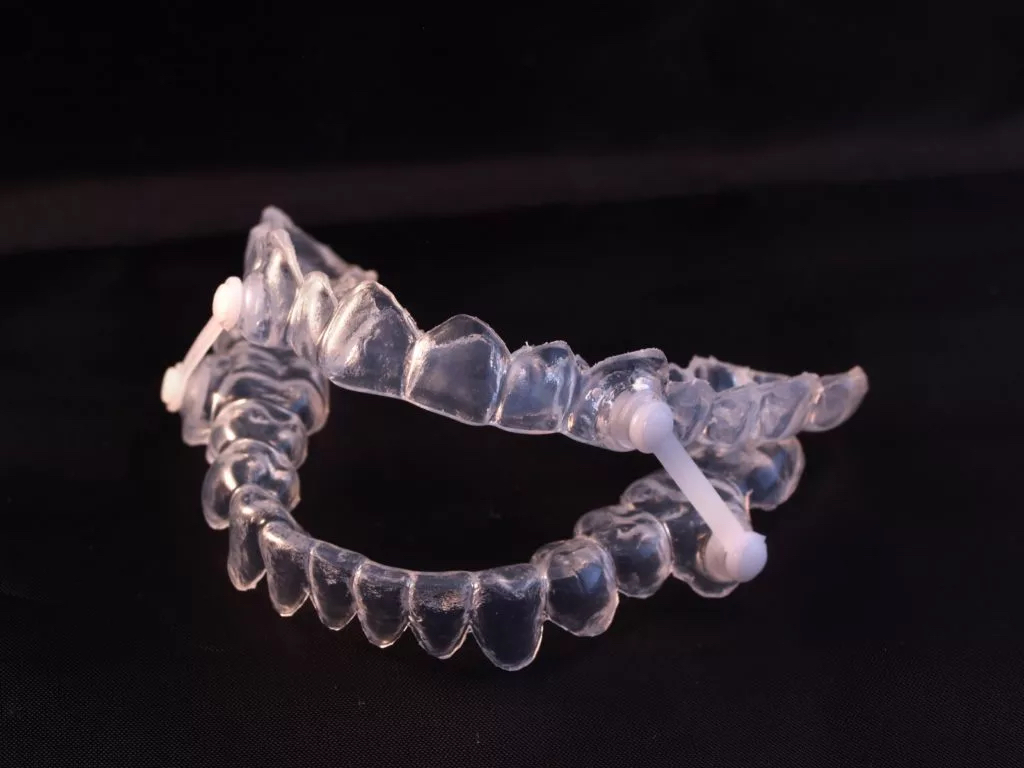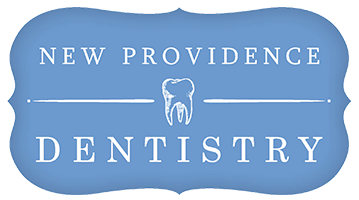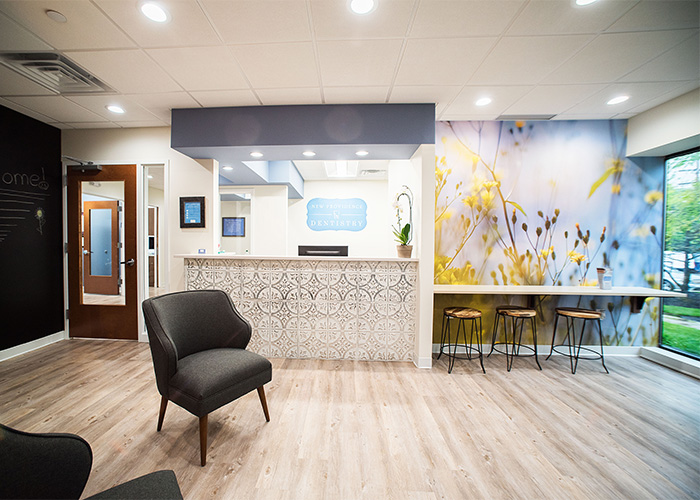Sleep Apnea
Sleep apnea affects millions of Americans across the country, and many don’t even realize they have it. Sleep apnea can cause poor-quality sleep and restlessness in minor cases. In more severe cases, it can increase the risk of stroke and heart attack because it restricts the flow of oxygen to the body. At New Providence Dentistry, Dr. Beth Herko specializes in treating and diagnosing sleep apnea with oral appliances. We want you to be well-informed about sleep apnea, how to recognize it, and how it’s treated to help keep you safe and happy.
Sleep Apnea Treatment
Sleep apnea can refer to a number of different conditions that affect breathing and sleep. The most common type is “obstructive sleep apnea”. As the name suggests, this kind of apnea is caused by the soft tissues of the throat, mouth, and palate relaxing during sleep, and blocking (obstructing) the airway for several seconds or longer, impeding your ability to breathe properly while sleeping. It’s important to note the difference between sleep apnea and snoring. Snoring is simply caused by tissue vibration in the mouth and nose. While it is a major symptom of sleep apnea, snoring alone is not enough to diagnose sleep apnea.
At New Providence Dentistry, we’re concerned about the overall health of our patients, and that includes their sleep. Many people suffer needlessly from dangerous sleep disruptive disorders that keep them from getting enough oxygen at night. The risk of a heart attack is 23 times more likely than average with a sleep disorder, and 92% of stroke victims live unknowingly with this condition before an attack. Our training allows us to offer you education and treatment surrounding sleep health in the simplest and most cost-effective way possible.

-
What is sleep apnea?
Sleep Apnea is a sleep disorder where breathing repeatedly starts and stops. The lapses in breathing results in lower-quality sleep and affects the body’s oxygen supply, which can result in serious health consequences. There are three main types of sleep apnea:
1. Obstructive sleep apnea. This is the most common form of sleep apnea and is caused by a person’s throat becoming overly relaxed while sleeping, blocking the airways and preventing normal breathing.
2. Central sleep apnea. This occurs when your brain fails to submit signals to your breathing muscles, resulting in not breathing for a short period of time. This is a rare form of sleep apnea.
3. Complex sleep apnea syndrome. Also known as treatment-emergent central sleep apnea occurs when someone has both obstructive sleep apnea and central sleep apnea.This condition is normally associated with loud, intense snoring, but just because a person snores doesn’t mean they have sleep apnea. It can be caused by being overweight, excessive alcohol consumption, or drug use can cause the airways to become more relaxed and cause blockages, and it can also be caused by genetics. People with a family history of sleep apnea are more likely to suffer from the condition. According to the Sleep Foundation, “Sleep apnea is one of the most common sleep disorders in the United States. It can affect children and adults and people of both sexes, although it is more common in men.”
-
How is sleep apnea diagnosed?
Sleep apnea is typically diagnosed using a polysomnogram, also known as a sleep study. This can be done at home or at a sleep disorder center. The test records activities that occur while you sleep, including: brain activity, breathing, and oxygen levels. It also measures how long you spend in each sleep stage, how frequently you wake up, if you stop breathing, if you snore, and your body position.
After the sleep study, a specialist goes over the data from your test. They analyze your brain activity and body system functioning to diagnose if a sleep disorder is present and recommend treatment.
If recommended, a dentist trained in sleep medicine works with the specialist to treat obstructive sleep apnea with oral appliance therapy. Our office can provide you with a sleep apnea oral appliance, just contact us for a consultation.
-
What are the treatments for sleep apnea?
In the past, CPAP (Continuous Positive Air Pressure) machines were used to treat obstructive sleep apnea, by producing a continuous flow of air that prevents tissue relaxation. While this is effective, CPAP machines restrict sleeping positions and are hard to travel with.
This is why oral appliances are becoming much more popular as treatment options for sleep apnea. An oral appliance looks somewhat like a mouthguard or retainer. It shifts the position of the jaw muscles and oral tissue to prevent it from sagging into the airway and causing blockage of airflow to the lungs.
At New Providence Dentistry, Dr. Herko can create a custom oral appliance that will help you deal with your sleep apnea, and finally, get the restful sleep that you deserve.
More Questions?
If you think that you may have sleep apnea, don’t wait. The sooner you get treatment, the sooner you will be able to enjoy a night of restful, uninterrupted sleep. Contact the team at New Providence Dentistry for a sleep apnea consultation.

